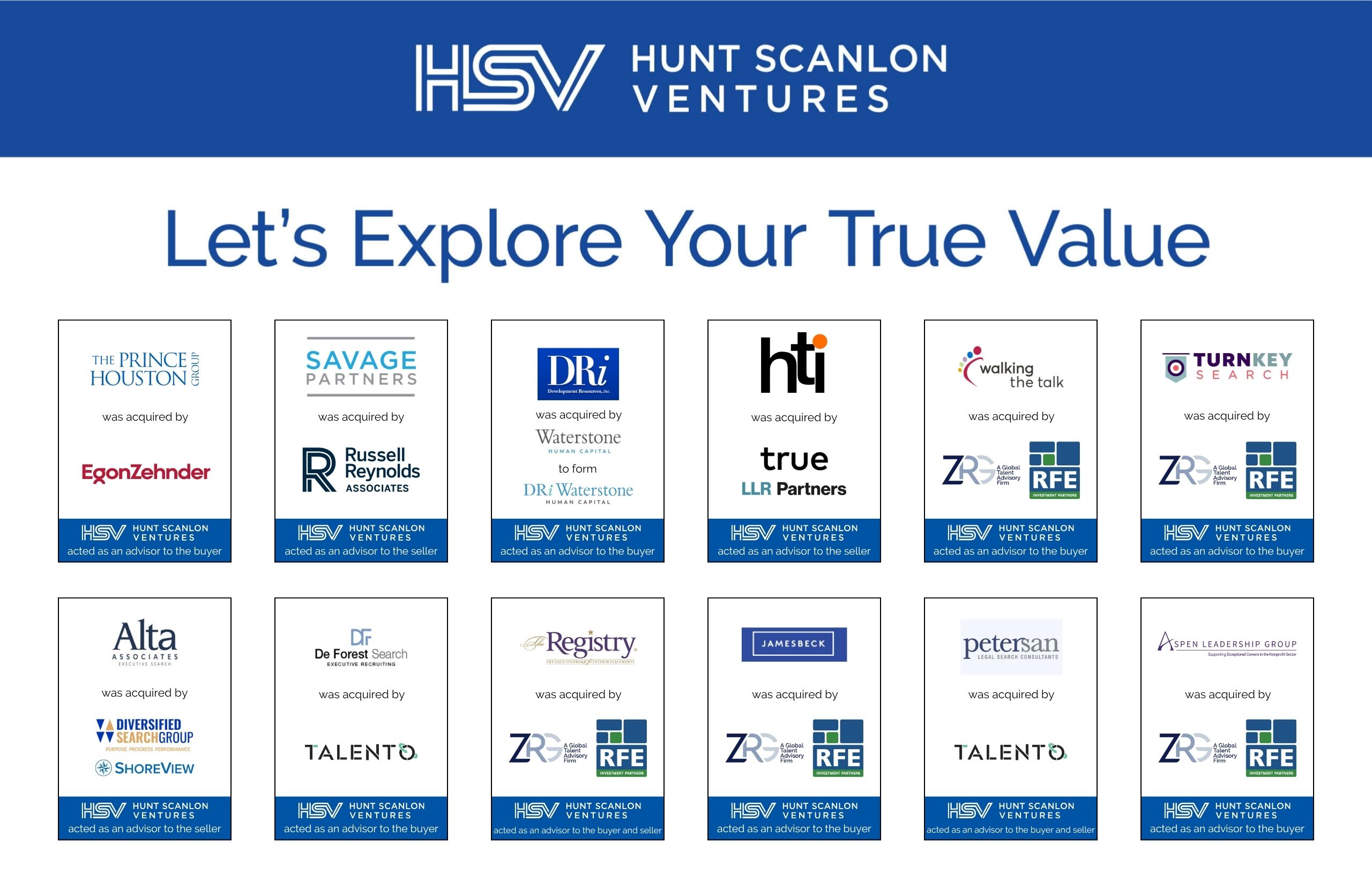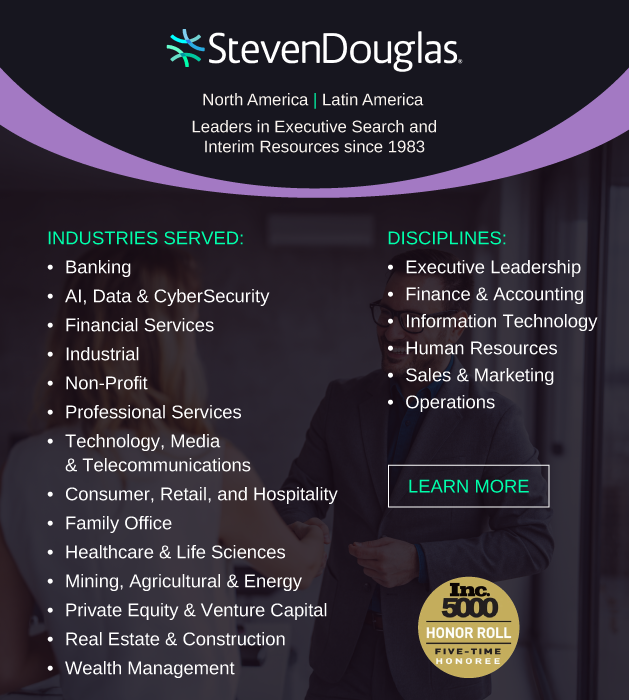Market uncertainty appears to be the main takeaway from Bain’s 2023 private equity outlook report. According to the latest Bain brief, as buyers, sellers, and lenders all wait for economic clarity, unpredictability will continue to act as a cap on deal activity.
As a result of the recent global bank crisis, an overall decline in new deals and exits will likely persist. That could create a knock-on effect for fundraising, according to Bain.
In this environment, raising new capital will be particularly hard for mid-sized generalist funds and GPs challenged to generate distributions because their exit volume is dependent on the market for IPOs. How long these conditions will persist is impossible to predict. But according to the Bain report, there is nothing to suggest that the long-term outlook for private capital is any less positive than it was in 2021.
After attracting $10.7 trillion in capital over the last decade, the industry may be getting even more appealing as investors continue to chafe at the limitations of the public markets. As the number of U.S. public companies continues to shrink year-over-year, finding adequate diversification in the public markets becomes increasingly difficult.
As GPs continue to innovate their offerings, and returns outpace the public markets over every time horizon, growth throughout the industry will continue in the long term. That’s good news.
We were curious what all this might mean for talent – that critical lever often pulled for creating and driving value across private equity portfolio companies. Cody Crook, managing director of Hunt Scanlon Ventures, takes us inside the crucial role of talent in private equity value creation.
Cody, what does the Bain outlook report mean for talent?
For private equity firms, nothing impacts an investment return more than talent. But there is a fundamental shift in thinking underway across the PE sector around how to unleash higher levels of leadership performance to boost results. So, recruiting, engaging, and retaining the right talent matters now more than at any other time. At a recent Hunt Scanlon PE conference, Hugh MacArthur – head of global private equity at Bain – examined how companies closely align their talent management programs to further investment returns. He concluded that unleashing talent as a results accelerator is a golden lever to value creation. And if anyone can speak eloquently on the subject, it is Hugh.
Can you highlight some of the tangible impacts that ineffective talent management could have on portfolio companies?
Recruiting and retaining top talent has always been a critical priority for private equity firms looking to drive value for their portfolio companies. But in today’s hyper-competitive labor markets, there exists the real possibility that a failure to recruit and retain top talent will halt, if not reverse, growth. That is a huge concern for private equity talent leaders, operating partners, and dealmakers. They are all impacted by this. In a private meeting we had with Bain in London recently, we learned that bad hires at the CEO level can cost a portfolio company not only money, but time. It can take upwards of 18 months to exit one leader and onboard a new one. Think about the lost opportunity right there for growth and value building. Private equity firms are now examining this impact one level down across the functional C-suite and straight into the middle management ranks. The costs of bad hires run up and down the staffing pyramid. Talent matters, from the lowest level employee right to the top. There is no escaping the tremendous costs of a bad hire.
“There is a fundamental shift in thinking underway across the PE sector around how to unleash higher levels of leadership performance to boost results.”
And when talent is managed effectively?
Effective leadership teams add as much as 30 percent to a company’s market valuation. However, consistently placing the right executives in the right roles can be incredibly difficult. That’s the challenge private equity and venture capital firms face when attempting to use the talent lever to drive value. Each portfolio business has its own unique talent needs. Finding the right candidate, rather than the most impressive, is a concept PE firms need to become more familiar with. Assessing the specific talent needs of a portfolio company, and getting the right candidates in place, is a challenge many firms have not met effectively.
What changes do PE firms need to make to their portfolio companies to compete in this labor market, and maximize returns?
To attract top talent broad and lasting changes must be made. Those utilizing the talent lever to drive value effectively have advanced a more integrated approach to talent management built around culture. Organizations that once synchronized their talent to corporate vision, core values, and strategic objectives are now aligning people around purpose. And for good reason: building sustainable cultures in the long run will attract, engage, and retain talent – and give organizations with strong cultures a key competitive advantage. This might be a more holistic view of talent and its true impact on a business, but Hunt Scanlon has been embracing and espousing this concept for years.
“The costs of bad hires run up and down the staffing pyramid. Talent matters, from the lowest level employee right to the top. There is no escaping the tremendous costs of a bad hire.”
Be more specific, what is preventing firms from effectively utilizing the talent lever?
PE firms are experts at determining expected rates of return on their investments. Putting the right talent in the right place to drive that return hasn’t come as easily. To avoid bad hires, maximize talent potential, and seamlessly match candidate values with company culture, effective talent assessments are of paramount importance. The formula for an effective talent assessment, however, seems elusive in today’s complex and volatile environment where leadership qualities are ever-changing. Private equity leaders need to understand that the formula for an effective talent assessment is a moving target. Unlocking the maximum impact of the talent lever means constantly reevaluating the way you’re assessing talent. If PE firms try to nail down a static formula for talent assessment, they’ll find themselves left behind.
Article By

Cody Crook
Cody Crook is managing director and head of investment strategy at Hunt Scanlon Ventures - an M&A advisory firm that specializes in the human capital space. Cody is responsible for co-managing the firm's investment portfolio, which includes executive search, talent acquisition, private equity, and investment firms. Leading the investment team, he spearheads all fund transactions and maintains portfolio developments. He is also responsible for sourcing, managing and monitoring investments and working with external portfolio managers, analysts and investors on active and prospective transactions. Connect with Cody.






